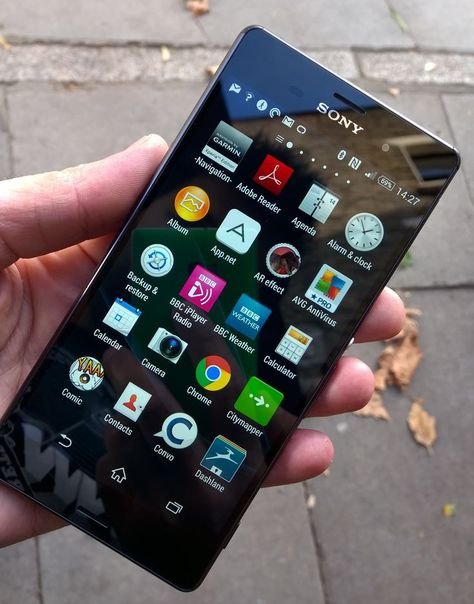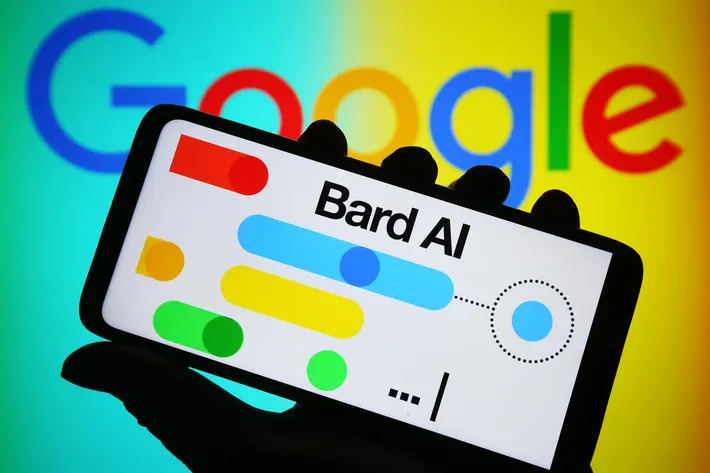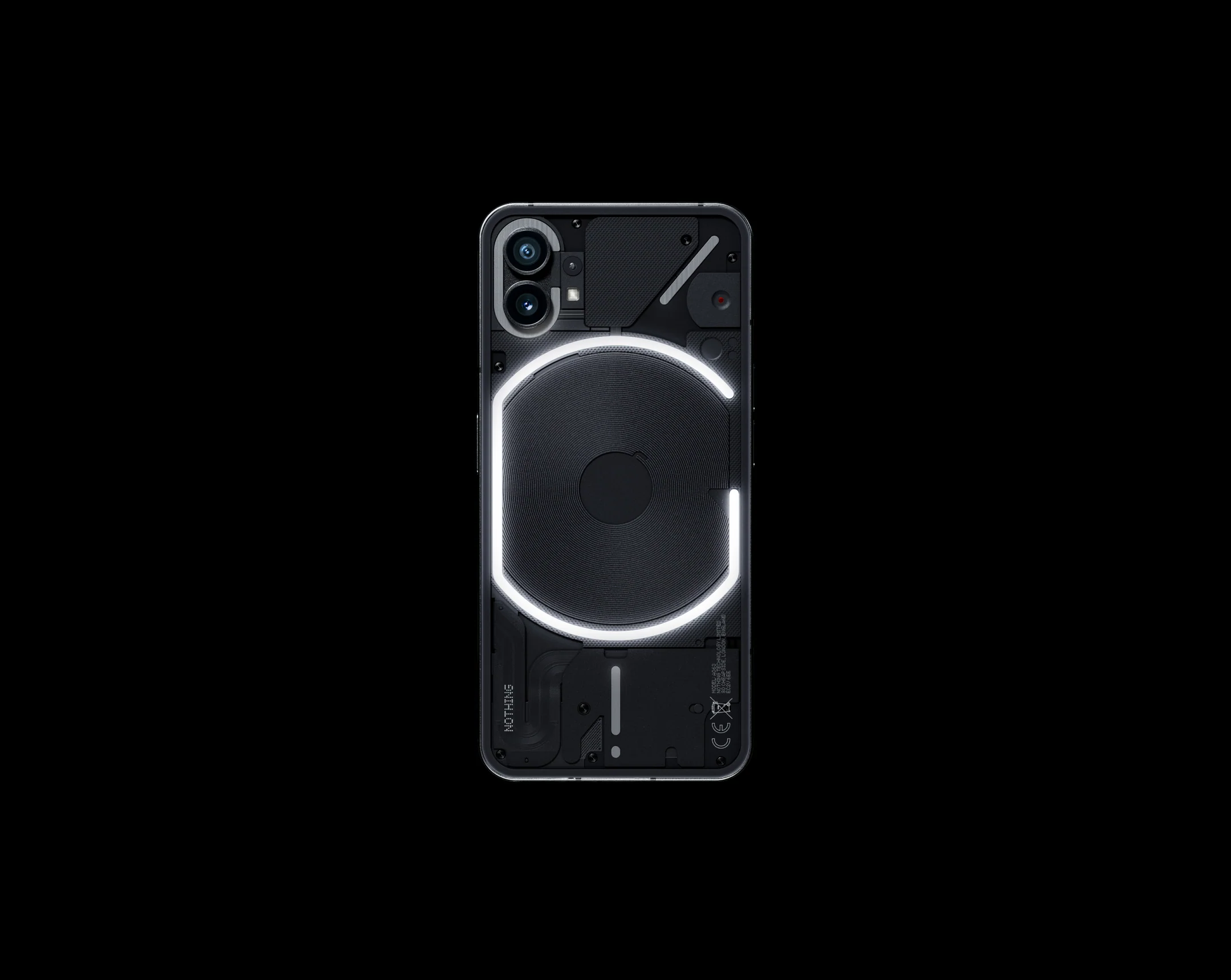The future of phone control is evolving beyond traditional finger gestures, venturing into the realm of mind-controlled technology. Researchers are actively developing innovative solutions that enable smartphones to detect brain waves, paving the way for hands-free interaction. This breakthrough not only holds the promise of transforming user experience but also carries profound implications for accessibility and mental health monitoring.
The development of brain-wave detection technology for smartphones signifies a leap forward in human-computer interaction. By harnessing the power of our minds, users may soon navigate and command their devices seamlessly, without the need for physical touch. This has the potential to redefine accessibility standards, making smartphones more user-friendly for individuals with mobility challenges or disabilities.
Beyond convenience, the integration of brain-wave detection opens up new possibilities for mental health monitoring. The ability to analyze and interpret brain waves through smartphones could provide valuable insights into cognitive states and emotional well-being. This technology may offer a non-intrusive and continuous means of assessing mental health, enabling timely interventions and personalized support.
The implications of mind-controlled smartphone technology extend beyond individual users. It has the potential to revolutionize how we interact with devices in various fields, from healthcare to education. Hands-free control could find applications in surgical procedures, augmented reality experiences, or immersive educational simulations, enhancing the efficiency and safety of various processes.
However, as with any emerging technology, ethical considerations and privacy concerns must be addressed. The development of mind-controlled phone technology requires careful consideration of data security and user consent to ensure that personal thoughts and brain-wave information remain private and protected.
The shift toward mind-controlled phone technology represents a remarkable advancement in human-computer interaction. The potential for hands-free interaction opens doors to enhanced accessibility and mental health monitoring, ushering in a future where our smartphones seamlessly respond to the power of our thoughts. While the technology is in its early stages, its implications for redefining how we engage with devices and promoting inclusivity are undeniably exciting.





